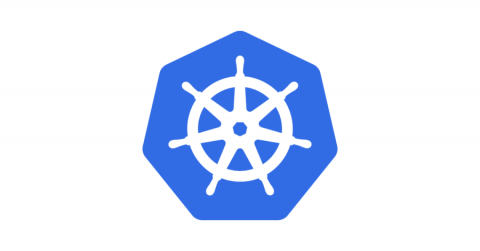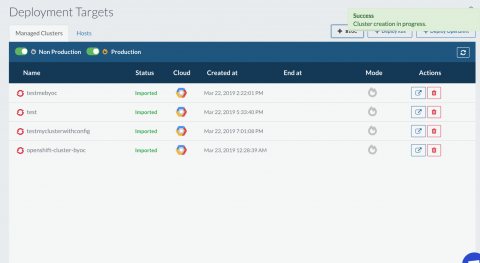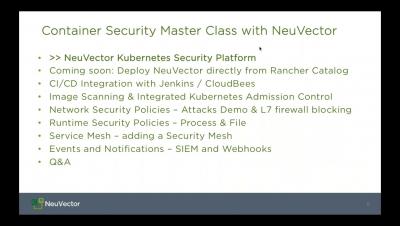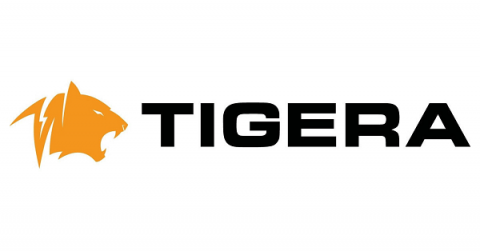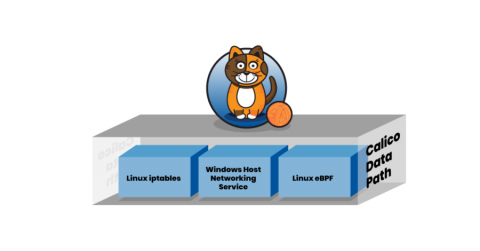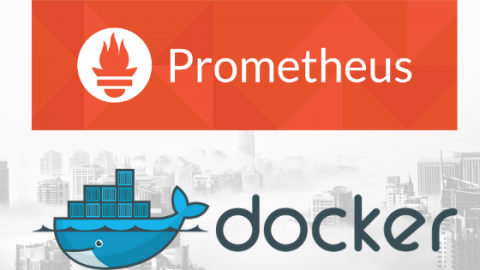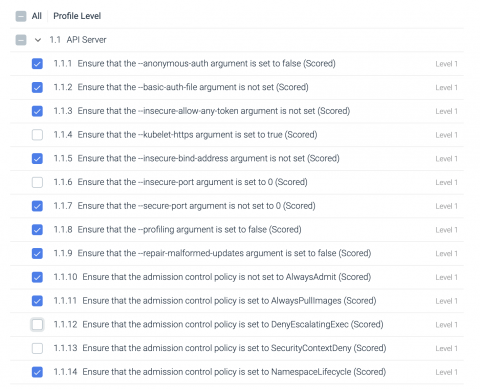Manual Rotation of Certificates in Rancher Kubernetes Clusters
Kubernetes clusters use multiple certificates to provide both encryption of traffic to the Kubernetes components as well as authentication of these requests. These certificates are auto-generated for clusters launched by Rancher and also clusters launched by the Rancher Kubernetes Engine (RKE) CLI.



